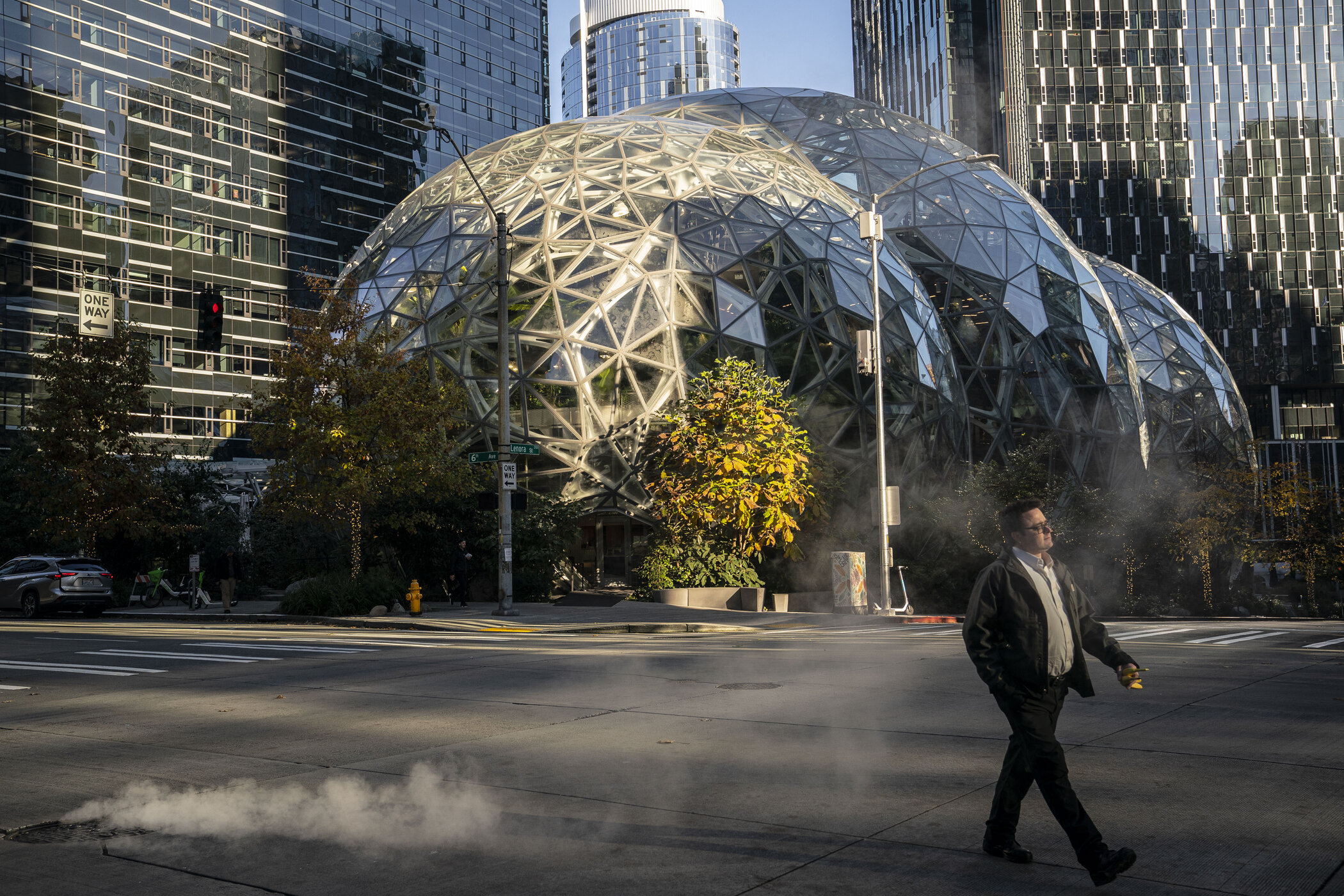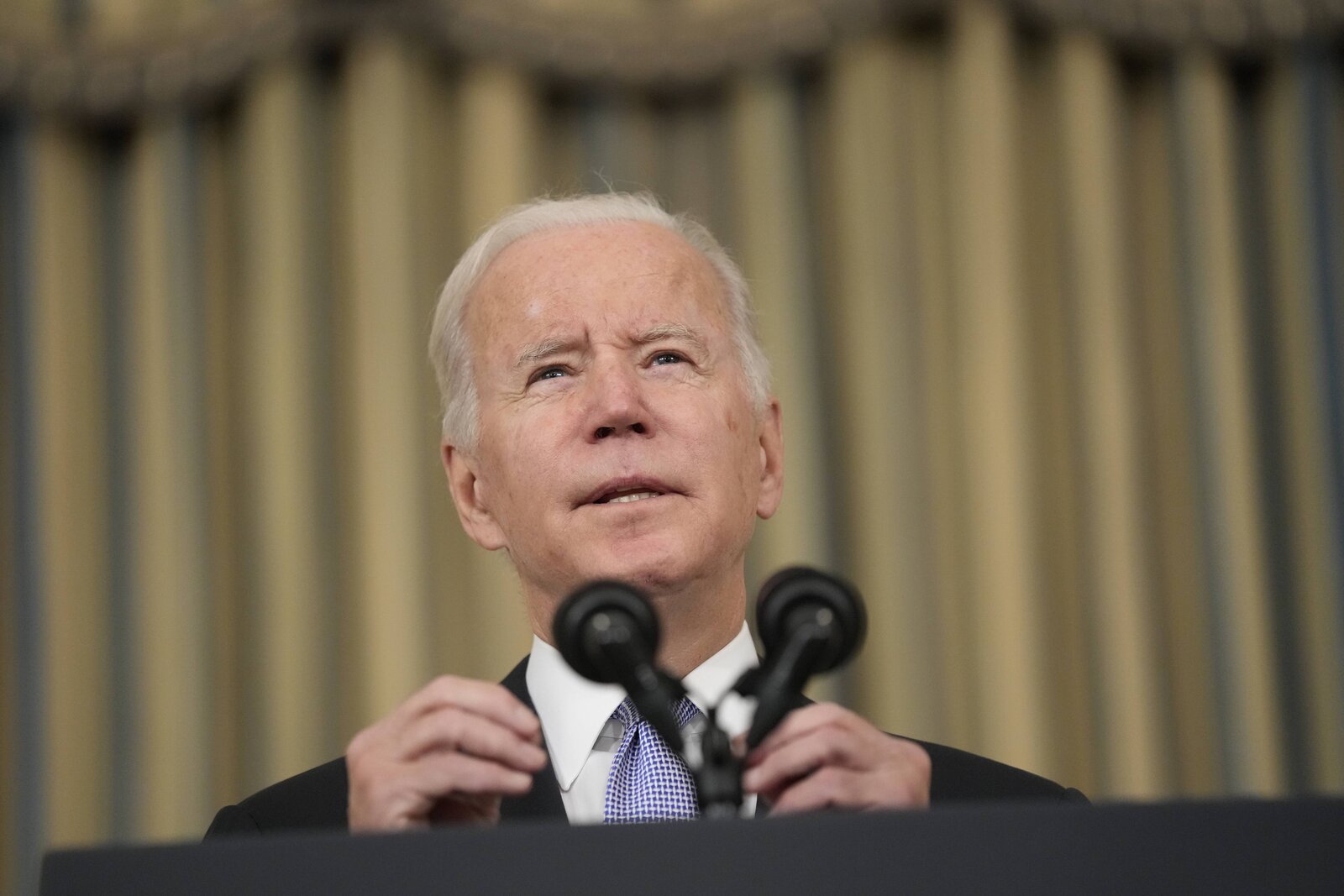Less than a month ago, a US Chamber of Commerce executive penned a blog post on the lobbying group’s website lamenting the degree to which its member companies were struggling to hire workers. At the time, that piece explains, the latest data reflected more than 10 million job openings in the US — compared to only about 6 million unemployed workers. Plenty of jobs, in other words, but not enough workers to fill them. And certainly no hint of the mass layoffs that were about to unfold … well, pretty much everywhere.
Just a few days before that Chamber of Commerce post went live, President Biden himself asserted — while noshing on an ice cream cone, in response to a question from a reporter — that “our economy is strong as hell.”
Tech layoffs and widespread hiring freezes
Was that just rah-rah midterm election season talk, though? Because that would certainly explain the bleak season of mass layoffs in tech and elsewhere, not to mention the broad hiring freezes, roiling the country’s workforce at the moment.
READ MORE: Amazon to lay off as many as 10,000 employees
Indeed, it feels fair to ask this week, especially, what we’re to make of the economy’s abrupt shift from that earlier scenario just a month ago to companies like Apple, Twitter, Roku, Google, Disney, Amazon, ABC News, CNN, Cisco, Barclays, Meta, Salesforce, Lyft, FedEx, Microsoft, Wells Fargo, and Gap — among many, many others — all implementing either mass layoffs or hiring freezes.
In an email to employees on Thursday, the email newsletter company Morning Brew explained, per Semafor’s Max Tani, why it’s culling 14% of its staff. The key factor: Anxiety, basically.
“The current situation we’re in is more than just a short-term economic downturn,” an email from the company explained, “and unlike anything Morning Brew has experienced. The economy is evolving, and unfortunately, there is a lot of fear and uncertainty among companies around the world — including from many of our current advertisers.”

A bloodbath
If you’d watched CNBC or listened to national political leaders in recent weeks, you might have come to the conclusion that too many people were getting it wrong. All you had to do was look around. Planes were packed with fliers again. Business was booming at restaurants, so much so that they were having a hard time staffing themselves appropriately. Let the good times roll, right?
That might explain Democrats’ better-than-expected showing during the midterm elections when the so-called “red wave” predicted by pundits failed to materialize. It was as if voters were saying: Yes, we want more of this.
Tech Layoff
Meta – 11k (13%)
Twitter – 3.7k (50%)
Intel – 20%
Snap – 20%
Netflix – 450
Robinhood – 30%
Stripe, Lyft – 13%
Salesforce – 2k
Amazon – 10k120k+ layoffs. 2000-01 dot com layoffs were ~107k. Q4 layoffs have just begun.
A brutally cold tech winter is coming.— Deedy (@debarghya_das) November 14, 2022
At least as far as the economy goes, however, perhaps what they were seeing was always a mirage. Or they didn’t understand what they were seeing correctly to begin with. Maybe a little of both.
The tech-specific layoffs, especially, underscore one of the nuanced truths underlying all this. Namely, the only people who think about “the economy” as an aggregate, singular force are people like pundits and politicians. The rest of us live in a real world governed by fact sets specific to each of us. Twitter, for example, did not implement draconian mass layoffs in recent days because of (air quotes) the economy, but rather as a function of new owner Elon Musk’s relentless drive toward financial sustainability.
It’s sort of like the near-meaningless way the news media covers crime patterns. Gun crimes, for example, might be on the decline, but I promise you that if I get shot, I’m not exactly going to be in the mood to hear you prattle about statistics.
Winter is coming — recession next?
And so here we are, two years on from the onset of a global pandemic that brought US commerce screeching to a halt; that disrupted future business patterns, too, as companies raced to over-compensate; and that led the federal government to flood the economy with trillions of dollars in funny money — I mean, stimulus cash.

With the Federal Reserve now sending interest rates sky-high, you didn’t need an economics degree to see where all this was headed (the politicians responsible for much of this carnage certainly don’t have one).
The layoffs have been especially brutal in tech. According to Roger Lee’s site Layoffs.fyi, they include 814 tech companies responsible for a staggering 128,865 layoffs this year alone.
“We are headed into, I think, quite a serious recession,” Musk reportedly told Twitter employees during a recent meeting.








